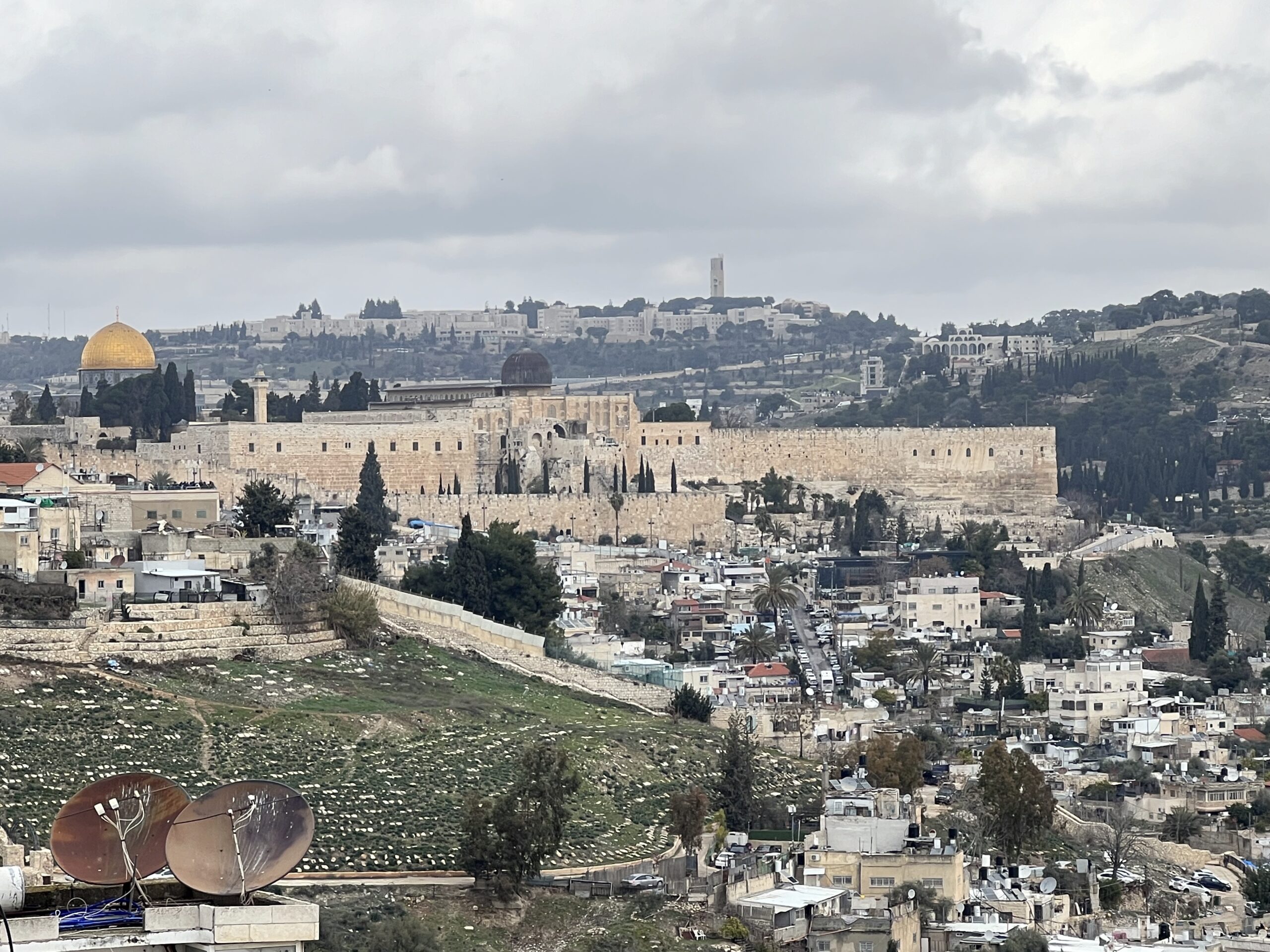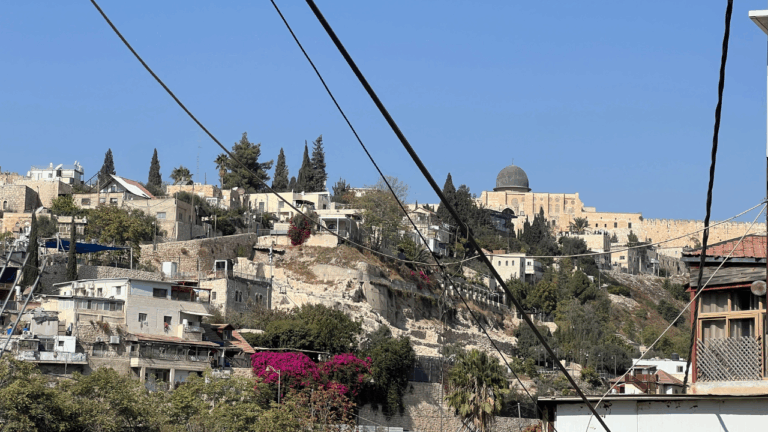Asher Ya’asun: Capturing the Spirit of the Law
In most yeshivot, the second chapter of Bava Metzia is the chosen start for a young student’s adventure into Talmud. This perek describes the mitzvot of returning lost objects, as well as helping to load/unload the burdens of animals. There are several instances in which one is not obligated to perform these commandments. For example, even an object with a valid identifying mark need not be returned if the owner is already known to have despaired of ever retrieving it (יאוש). Additionally, an elder is exempt from performing any of these mitzvot if it is demeaning for him to do so (זקן ואינה לפי כבודו).
However, the Gemara twice provides an essential clarification (see 24b and 30b). While it is true that one is occasionally exempt from performing these mitzvot, a righteous individual who “desires to walk in the ways of good and uprightness/integrity” should act לפנים משורת הדין, conventionally translated as going beyond the letter of the law (see Rambam Gezeila 11:7 and 11:17). He should return the object even after ye’ush and even if it is not befitting his honor to do so.
The Gemara derives the concept of לפנים משורת הדין from this weeks parsha (Shemot 18:20): “And you shall admonish them concerning the statutes and the teachings, and you shall make known to them the way they shall go and the deed they shall do.” The last words of this verse, ואתהמעשה אשריעשון, refers to not only fulfilling דין, the letter of the law, but even going beyond and fulfilling the spirit of Hashem’s willas well. While it may be true that the owner has given up hope, a Jew who understands the spirit of the mitzvah of hashavat aveidah possesses extra sensitive concern for the monetary loss of his fellow. And even if it is beneath his dignity to return it, “it is befitting for everyone to treat themselves lightly…and to go beyond…the letter of the law” (Meiri, Bava Metzia 30b).
Rebbe Yochanan then shares an astounding assertion. “Jerusalem was only destroyed because the people judged according to the strict letter of the law, and they did not go beyond the letter of the law.” This declaration is perplexing for several reasons. One, the Gemara Yoma (9a) famously provides a list of sins responsible for the destruction of the temples. The principle of לפנים משורת הדין does not appear there at all. Two, the items on the Gemara Yoma’s list are very logically sins. The Jewish people transgressed explicit prohibitions, thereby earning galut and destruction. But the whole premise of לפנים משורת הדין is specifically that it is beyond expectations. Why should we be punished for not abiding by extra-righteous standards?
Perhaps we can suggest that there is a unique connection between לפנים משורת הדין and the vitality of Jerusalem in particular. The Mishna commonly uses the term לפנים to describe the requirement to consume korbanot and ma’aser sheni within the walls of Yerushalayim, לפנים מן החומה. While we normally translate the phrase לפנים משורת הדין as beyond the letter of the law, perhaps a more accurate translation would be within the letter of the law. The spirit of the law is not beyond the mitzvah; it is within the mitzvah. Just as
the soul resides “within” the body, serving as a human being’s essence and imbuing him with vitality, so too the ratzon of Hashem serves as the Neshama of the mitzvot.
While it is impossible to permanently demand a standard of conduct that always corresponds with the inner essence of Torah, it is also impossible for Torahto thrive when permanently separated from its soul. When Jews do not forgo their own petty demands for kavod, the soul of Torah has been exorcised, and we are left with a lifeless list of rules. Adherence to all commandments, even the Aseret HaDibrot themselves, is impossible when ratzon Hashem does not imbue a soul into the letter of the law.
Jerusalem is the inner essence of Eretz Yisrael and Klal Yisrael. The holy city is the source for spiritual vitality and inspiration. Middah kneged middah: when we are petty and small, tearing away the essence of Torah from her “physical” body, Hashem will r’l take away our Yerushalayim.
By forgoing our own petty demands for honor and ensuring our conduct engages with the spirit of the law, may we merit to have our essence restored to us, speedily in our days.



